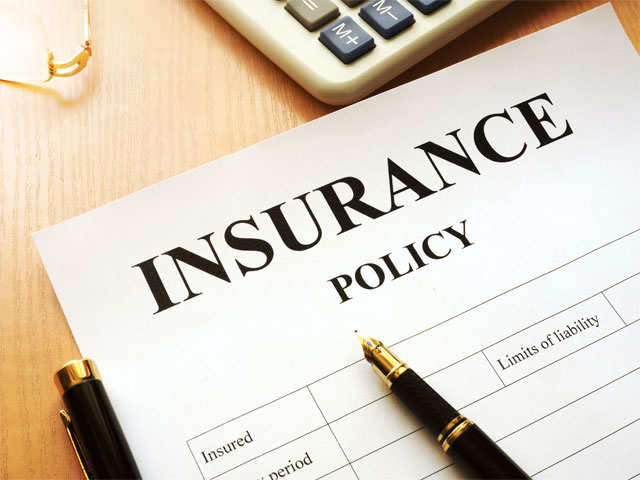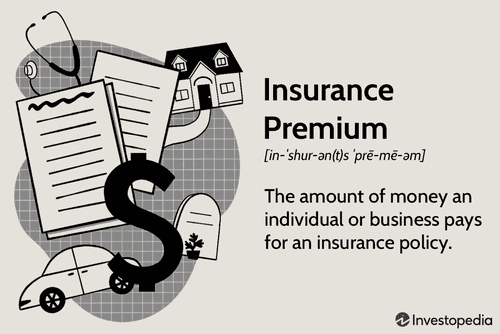
RV insurance must be purchased if your RV is to be legally registered. This insurance is required by law and protects your investment. Although the costs can be high, you should find a policy that suits your needs. Essentially, RV insurance is a combination of auto insurance and homeowners insurance. While you cannot get the same coverage through regular auto insurance policies, it is worthwhile to have some form of protection in the event that something happens to your RV.
Both Class A & B
There are many kinds of insurance for campers. Class A and B RVs need a unique type of coverage. The cost of a policy will vary depending on several factors. Liability coverage is a state requirement, while other types of coverage are entirely up to you.
Class C
Campers insurance, which is required in most U.S. and Canadian states, is essential. The specific insurance coverage requirements will vary by state, so it is important to understand all the details before you purchase a policy. RV insurance costs typically are less than that of car insurance premiums. The amount you pay for RV insurance will depend on the type of RV.

Class D RVs
Take into account several factors when deciding on campers insurance Class D RV policy. These factors can impact the cost and coverage. The type of RV will also affect the cost of coverage. A Class A motorhome typically costs more than a Class D model because it typically has more electrical and motorized components. Insurance coverage also depends on the driver's driving record. Premiums will be lower for people with good driving records.
Class E
Campers insurance is available in a number of different levels for Class E RVs. The most basic level of protection pays out the actual cash value of your vehicle, with depreciation factored in. This level of protection provides the smallest amount of coverage but has the highest premiums.
Class H
Campers insurance should be purchased when you buy or rent an RV. You can either purchase this insurance directly from the rental company, or through a third-party insurance provider. Renting insurance is not covered by credit cards. Different RV models have different insurance requirements.
Class I
Insurance coverage is an essential component of RV ownership. Costs of insurance vary depending on factors like the state's crime rate or population density. It is important to shop around for the best rates, coverage options and prices. Many providers offer discounts if you have multiple policies. Bundling your RV insurance with renters insurance policies or life insurance policies could result in a discount. Bundling insurance policies will reduce stress from dealing with several companies.

Class IX
If you intend to use your motorhome as your primary residence, Campers insurance Class IX RVs is required. This policy covers you in the event that your motorhome is stolen or damaged. You can also purchase additional coverage for any attached structures to your RV.